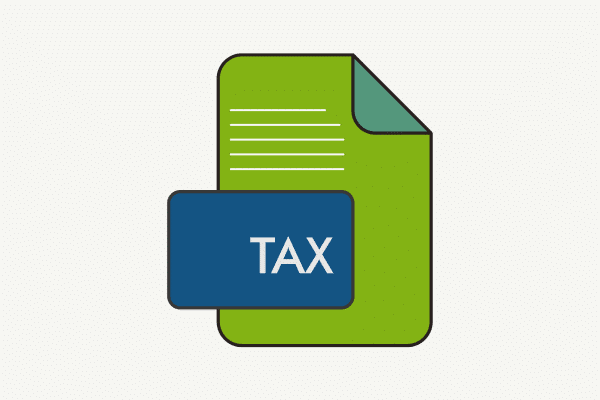
Military members benefit from a variety of special tax benefits. These include certain non-taxable allowances, non-taxable combat pay, and a variety of other special tax provisions designed to support those who serve.
Prominent Military Tax Benefits
💡 Service Member Residence or Domicile
A frequent question by service members is, “What is my state of residence for tax purposes?” since one’s duty station may change multiple times while serving. Luckily, the government passed a law to solve this issue. A service member continues to retain his or her home state of residence for tax purposes, even when required to move to another state under military orders. This also applies to other tax jurisdictions within a state, such as city, county, and personal property taxes. Thus, a service member will continue to file tax returns for his or her home state and not the state where he or she is stationed.
💡 Service Member Spouse’s Residence or Domicile
To simplify the tax-filing requirements of military couples, the Military Spouses Residency Relief Act of 2009 allows military spouses to claim the same state of domicile as their service member for tax purposes, provided they had also established domicile there.
For example, if Chris resides in California with his spouse, who is in the military, and Chris has earned income in California but had established domicile with his military spouse in Virginia, Chris would be subject to Virginia income tax laws instead of California’s. The couple would only need to file one state return – in this case, Virginia. There would be no obligation to file a California return.
Unfortunately, spouses who hadn’t established domicile in the same state as their service member spouse and who had earned income in the state where their spouse was stationed were still forced to file with both states (assuming both states have income tax).
💡 New for Years Beginning in 2018
Thanks to the Veterans Benefits and Transaction Act of 2018, an individual married to a military member now has more choices. Under the act, a spouse can elect to have the same state of domicile as their service member spouse, even if they didn’t previously have the same domicile. If the non-military spouse doesn’t make that election, they can continue to choose to file in their own domicile state.
Making these choices can significantly impact the amount of state tax the spouse might have to pay. For instance, a spouse of a service member stationed in a high-income-tax state can elect to use the state of residency of the service member, especially if that state has no or low income tax, and avoid the taxes where the spouse is stationed.
⚠️ Be Cautious
It can be tempting for a service member or their military spouse to declare their state of domicile as a state without any state income tax, like Texas, Nevada, or Florida. However, doing so without any real connections to the state can cause complications down the line.
💵 Non-Taxable Allowances
While all pays are taxable, most allowances are tax-exempt. The primary allowances for most individuals are BAS (Basic Allowance for Subsistence) and BAH (Basic Allowance for Housing), which are tax-exempt. Conus COLA is one allowance that is taxable. A law change mandated that every allowance created after 1986 would be taxable. Conus COLA, authorized in 1995, became the first taxable allowance. Tax savings can be significant as BAS and BAH average over 30% of a member’s total regular cash payments. In addition to being tax-exempt from federal and state taxes, these allowances are also excluded from Social Security taxes.
Need Help?
Want to ensure you’re making the most of your military tax exemptions and other tax benefits? Let’s take the confusion out of your tax situation—reach out to us today for personalized guidance!





